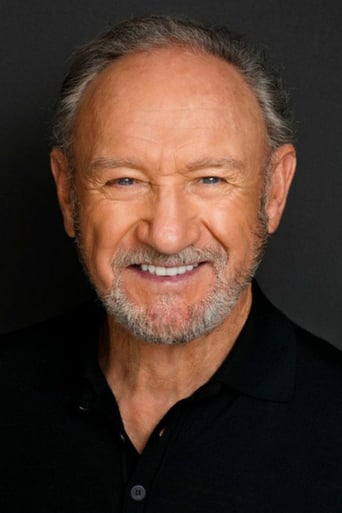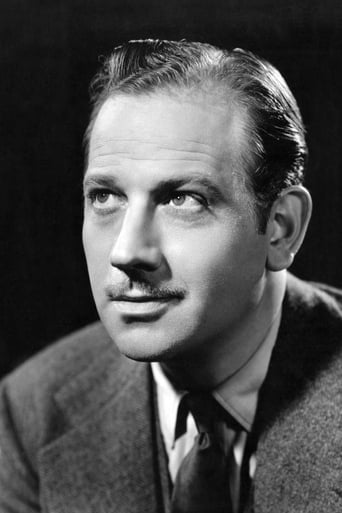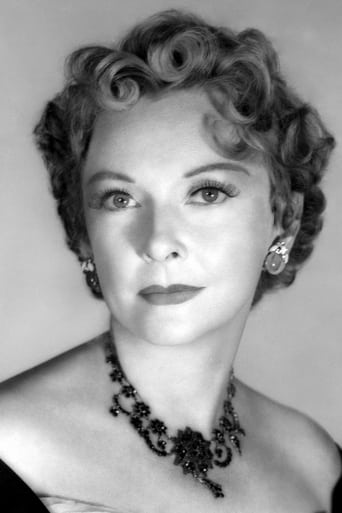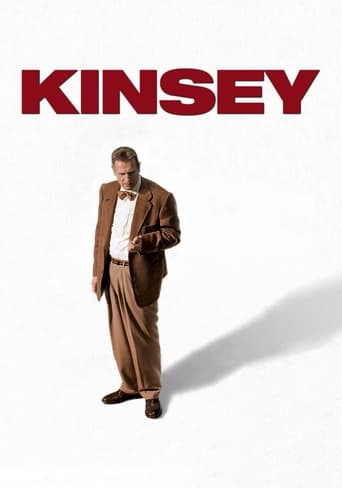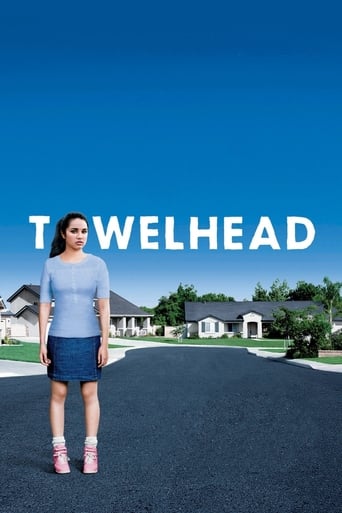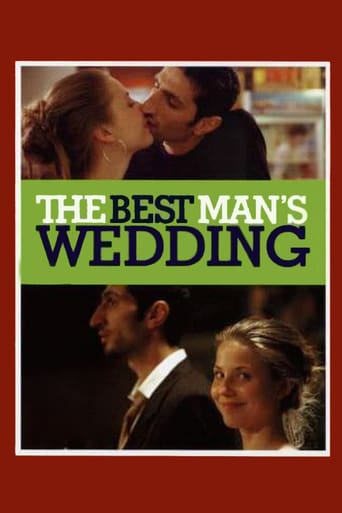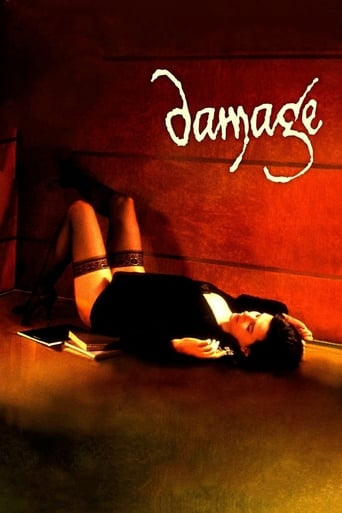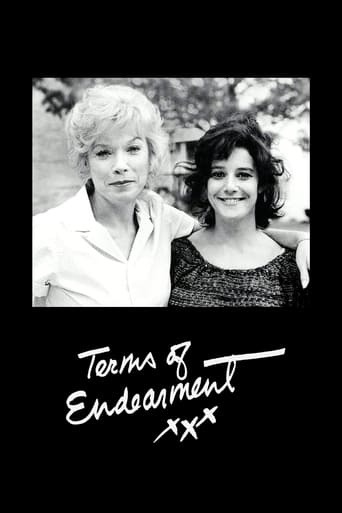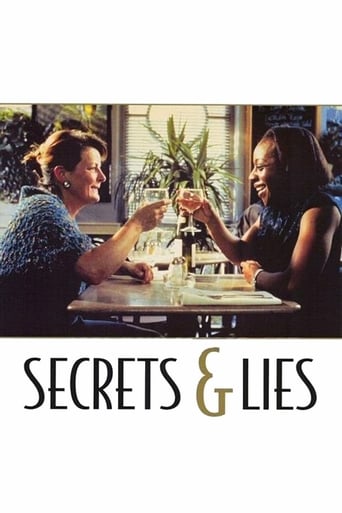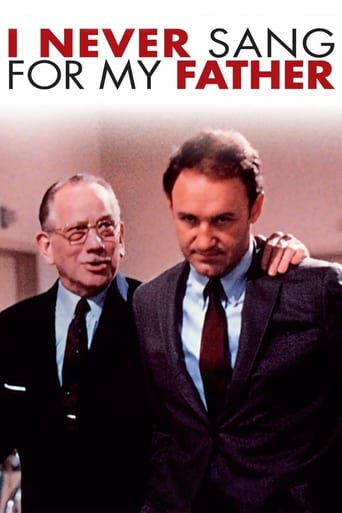
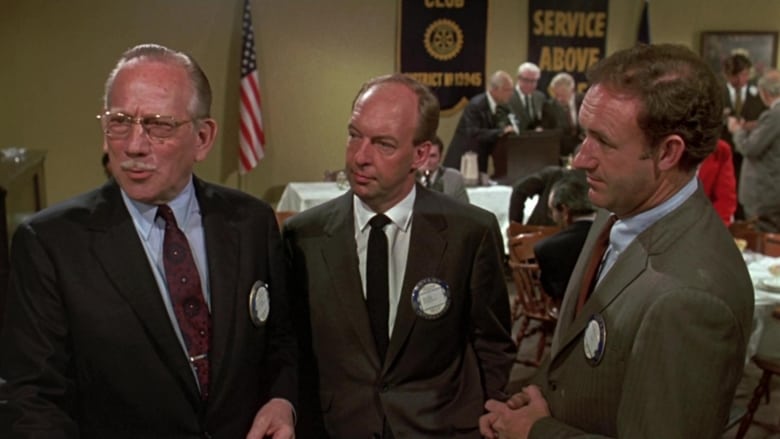
I Never Sang for My Father (1970)
Hackman plays a New York professor who wants a change in his life, and plans to get married to his girlfriend and move to California. His mother understands his need to get away, but warns him that moving so far away could be hard on his father. Just before the wedding, the mother dies. Hackman's sister (who has been disowned by their father for marrying a Jewish man) advises him to live his own life, and not let himself be controlled by their father.
Watch Trailer
Cast
Similar titles
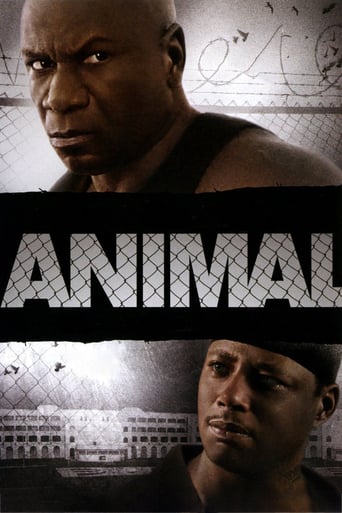
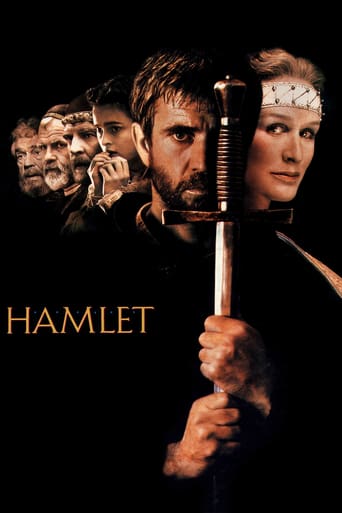
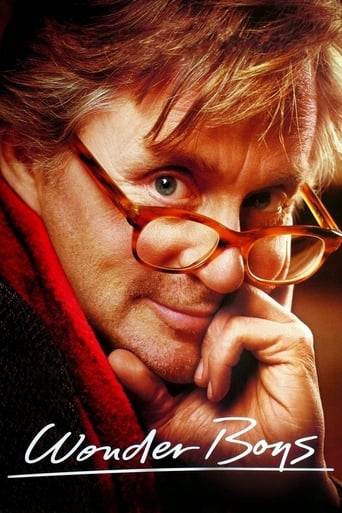
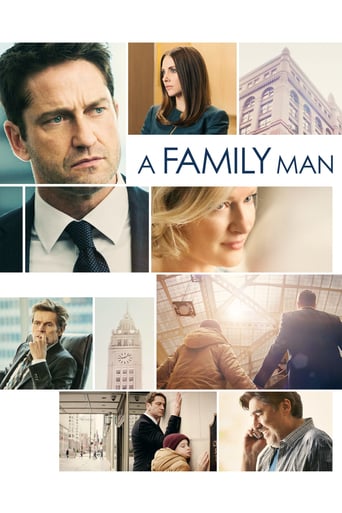
Reviews
Best movie of this year hands down!
Yawn. Poorly Filmed Snooze Fest.
It's easily one of the freshest, sharpest and most enjoyable films of this year.
There's a more than satisfactory amount of boom-boom in the movie's trim running time.
Leading roles for senior citizens are hard to come by so when Melvyn Douglas was cast in I Never Sang For My Father of course he grabbed it up. Douglas was enjoying a rejuvenated career on the big screen since 1962 when he got a Best Supporting Actor Oscar for Hud. For the 50s he concentrated on the stage and the small screen.The picture we get of Douglas is he came from a hardscrabble background with little place for any kind of charm or social grace. He worked hard his whole life, but all work and no play leave Jack rather arrogant. His wife Dorothy Stickney has put up with him, but love has not been returned evenly to say the least.It was difficult growing up for kids Gene Hackman and Estelle Parsons. Hackman is now a widower and Parsons has her own family. Parsons got out as soon as she could. Hackman who is a university professor never got any encouragement whatsoever. Douglas is really quite ignorant, he does not know what a jungle academia is and what it takes to survive.Then Stickney dies and Douglas gets more cantankerous than ever. Where will they put him, who will get stuck with him. A man who prided himself on always doing for himself won't concede that soon enough he will need help just for day to day living.Robert Anderson's play on Broadway ran 124 performances in 1968 and starred British actor Alan Webb as the father, Lillian Gish as mom, and Hal Holbrook as the son. Anderson got an Oscar nomination for Best Adapted Screenplay for his own work.The Garrison family dynamic is something to see. I Never Sang For My Father got two other Oscar nominations for Melvyn Douglas as Best Actor and Gene Hackman as Best Supporting Actor. Their scenes together fairly crackle, the crackling on Douglas's part with Hackman for the most part going into his defensive shell, but the worm does turn.Next year Gene Hackman would win his first Best Actor Oscar with The French Connection. You couldn't find two more different characters than Popeye Doyle in that film and Professor Garrison here. Hackman never played characters like Garrison for most of his career, they were usually bluff and expansive like Popeye.Old age ain't no fun for yourself and those around you as I Never Sang For My Father shows.
A great film with wonderful performances from Melvyn Douglas and Gene Hackman that displays the relationship between father and son and the difficulties of aging, growing up and moving on. This film echoed several personal things in my own relationship with my father, and the moments in the film felt real to me. Any person who has had to deal with complicated relationships with their parents owes it to themselves to watch this film. I'm only sorry it took me so long to watch it, but given that my parents are entering their twilight years it really connected with me. I can't recommend this film enough for it's acting and truthful screenplay. My only complaint would be the music which seemed dated and obtrusive in places.
Watchable character study in the O'Neill vein though lacking a deeper resonance.The screenplay offers some emotionally captivating moments, though the plot development is much too telegraphed throughout. The dramatic situations work in themselves, but they're slightly too easy, too fabricated. The marvellous acting rings true and elevates the whole scenario.What a shame, then, that the heavy-handed direction tends to over-emphasize the characters' inner turmoils by way of obtrusive scoring, freeze frames, camera movements and the likes.Still worth a look for the Douglas-Hackman sparring alone.6 out of 10 gruesome nursing homes
Gene Hackman gives a strong performance as a 40-ish writer and widower who harbors trepidations about moving his life forward once his elderly mother dies, leaving his old codger of a father in his care. Screenwriter Robert Anderson, adapting his own play, works in the usual character-exposition without much skill or grace; still, there are some very real, human anxieties explored here, an internal struggle between a father and his son which is fraught with love/hate dynamics. Anderson's words are no doubt given a great deal of depth just from the players alone. Melvyn Douglas accurately pins down a precise type of strict, no-nonsense gentleman who lives mostly in the past, finds the present a nuisance, is frightened about his own sanity and yet refuses to accept help from anyone. It's a grandly unsentimental tour-de-force, with layers of character underneath to relieve the repetitiveness of the central situation and presentation (which feels like a television movie blown-up for the big screen). With Hackman internalizing the frustrations he has felt his entire life in regards to this cantankerous man, one waits for the proverbial 'showdown', the moment where the son can longer accept not getting answers to his questions, having been fed up a long time ago by the constant criticism and belittling. What's surprising is, the build-up to this moment is just as intriguing as what follows, and the actors (both Oscar-nominated) manage to make their dilemma seem universal. Still, the production is pedestrian, the editing (with jagged little flashbacks) often sloppy, and the music is silly. None of these technical faults take away from the highly-charged work by either Hackman or Douglas, though they do weaken the overall effect of the picture--turning it from something extraordinary into something passable. **1/2 from ****
